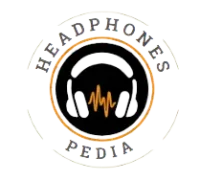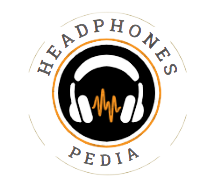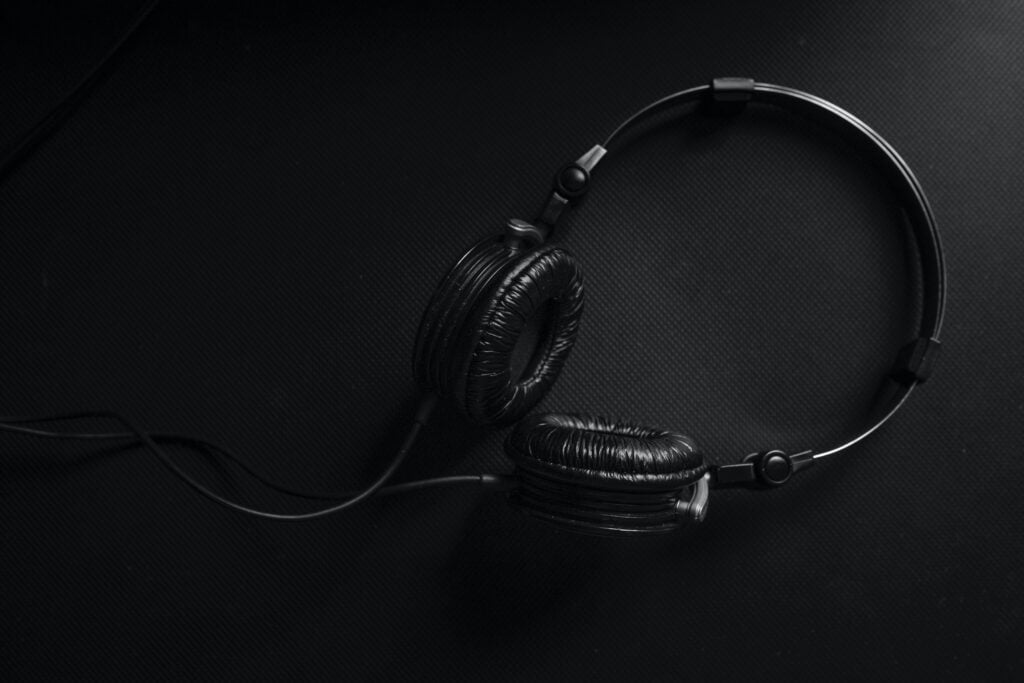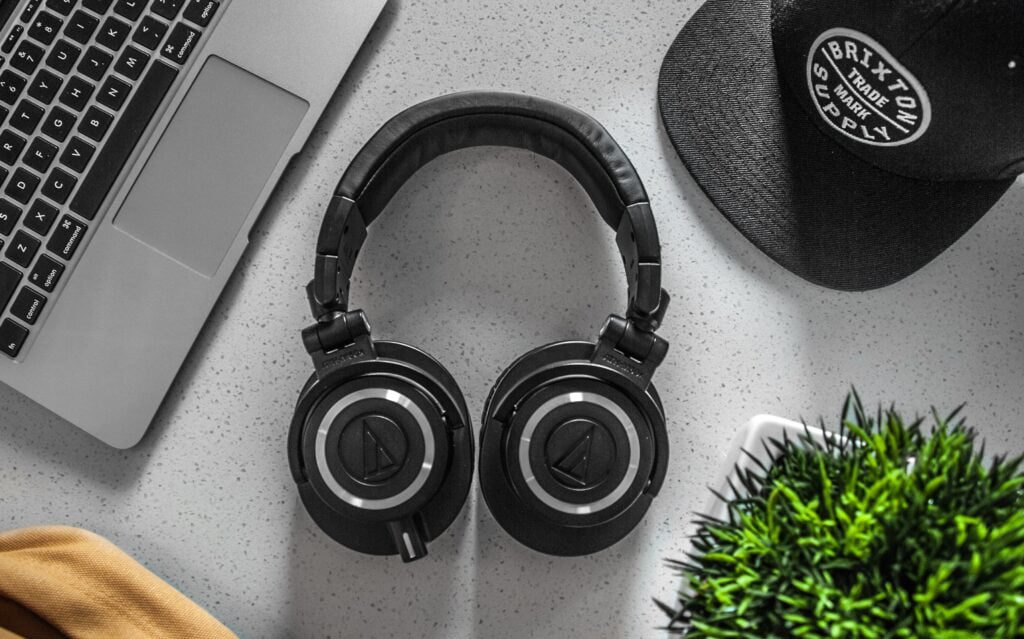If you think that you are losing 50 to 100 hairs every day and it’s a matter of concern and out of nowhere, questions come to your mind “Can headphones cause hair loss? According to the American Academy of Dermatology Association, it’s common to shed this amount of hair.
Can headphones cause hair loss? I want to clarify no study suggests that headphones can cause hair loss. Here, we’ll explore the potential connection between headphones and hair loss, the type of hair loss it could trigger, and most importantly, how to rock your headphones without rocking a receding hairline.
Can headphones cause hair loss?
Before we dive into headphones, let’s get acquainted with the hair loss enemy: traction alopecia. Well, this kind of problem mostly happens with African descent women because of their curly hair. This sneaky culprit arises when constant pulling or friction weakens hair follicles, leading to hair breakage and thinning. It’s a common culprit behind tight hairstyles like braids or ponytails worn for extended periods. Medical conditions or certain hair treatments can also cause traction alopecia.
Headphones: Friend or Foe?
Now, back to our beloved headphones. The concern lies in the potential for tight-fitting headphones to mimic the pulling force of a constantly tight hairstyle. Prolonged wear, especially with poorly fitting or heavy headphones, can irritate the scalp and put undue stress on the hair follicles where the band rests. This chronic friction can disrupt the hair growth cycle and lead to hair loss but that would be temporary.
The Science Weighs In: Facts Don’t Lie
Here’s where things get interesting. While the theory behind headphone-induced hair loss sounds plausible, there’s a lack of robust scientific evidence to definitively link them to permanent baldness. Large-scale studies haven’t established a clear cause-and-effect relationship, leaving some experts skeptical.
However, anecdotal evidence and case studies suggest that traction alopecia triggered by headphones can occur, especially in individuals with a genetic predisposition to hair loss or those who wear headphones excessively for many hours daily. It’s important to note that these cases often involve extreme scenarios, it’s like a person who uses the headphones for 12 hours a day and 7 days a week, and for most people, headphone use likely won’t cause permanent hair loss.
Can Wearing Headphones Cause Baldness? Not Exactly, But Here’s What You Need to Know
The Culprit Could Be More than Just Tightness. Beyond the tightness of the headband, other factors might contribute to headphone-related hair loss:
- Material: Certain headphone materials, especially rough or scratchy ones, can further irritate the scalp and exacerbate hair loss. Opt for headphones with soft, breathable materials like leather or synthetic alternatives that are easier to clean and less likely to harbor bacteria.
- Sweat and Hygiene: Headphones can trap sweat and dead skin cells, creating a breeding ground for bacteria that can inflame the scalp and potentially weaken hair follicles. Regularly clean your headphones, especially the ear cups and headband, to remove sweat, dead skin cells, and bacteria. This helps prevent scalp irritation and potential hair loss.
Don’t Panic, Just Be Mindful: Tips for Headphone Harmony
So, what can you do to enjoy your music without jeopardizing your hair? Here are some headphone hygiene and wear practices to keep your scalp and hair happy:
- Fit is King: Opt for well-fitting headphones. Adjustable headbands allow for a snug yet comfortable fit, distributing pressure evenly. Consider over-ear headphones with plush ear cups for added comfort. Avoid excessively tight headphones that feel like a vice grip on your head.
- Loosen Up: Adjust the headband for a secure fit without feeling like you’re in a headlock. A loose fit can still deliver excellent sound quality.
- Take Breaks: Give your scalp some breathing room. Remove your headphones for a few minutes every hour to allow air circulation and prevent sweat build-up.
- Material Matters: As mentioned earlier, choose headphones with soft, breathable materials that won’t irritate your scalp.
- Cleanliness is Key: Regularly clean your headphones, especially the ear cups and headband, with a disinfectant wipe or gentle soap and water. This helps prevent the buildup of sweat, dead skin cells, and bacteria.
- Earphones as an Option: If you’re a frequent listener and concerned about hair loss, consider earphones that rest inside the ear canal. While not ideal for everyone, they eliminate the pressure on the scalp.
When to Consult a Dermatologist
Even with these precautions, if you notice excessive hair loss, redness, or persistent scalp irritation there might be some other issue it’s not because of headphones, it’s best to consult a dermatologist. They can diagnose the cause and suggest appropriate treatment options. Remember, early intervention is key when dealing with any hair loss concerns.
How To Wear Headphones With Long Hair
Are you struggling to find the perfect way to wear headphones with your long, flowing locks? Don’t worry; you’re not alone. Many of us have faced the challenge of headphones getting tangled in our hair or causing discomfort. But fear not! In this blog post, we’ll dive into some essential tips and tricks to ensure a smooth and hassle-free headphone experience, even with long hair.
Choosing the Right Headphones
When it comes to wearing headphones with long hair, choosing the right pair is key. Here are some factors to consider:
Adjustment of the Headband: Opt for headphones with adjustable headbands that can be expanded to accommodate your hair without causing discomfort.
Weight: Heavy headphones can exert unnecessary pressure on your head and hair, leading to discomfort. Look for lightweight options to avoid this issue.
Material: Soft materials are your best bet when it comes to avoiding tangled hair. Opt for headphones made of soft materials to minimize hair damage.
Understanding Headphone Hair
Let’s address the concept of “headphone hair.” Contrary to what the term might suggest, it doesn’t involve your headphones sprouting locks of their own! Instead, it refers to the dent or indentation left in your hair after wearing headphones for an extended period. While it might seem trivial, it can be unpleasant for some. The good news is, that headphone hair usually resolves itself over time, so there’s no need to fret too much.
Tips for Wearing Headphones with Long Hair
Now, let’s get into the nitty-gritty of how to wear headphones with long hair:
- Tie Your Hair Up One of the simplest solutions is to tie your hair back in a ponytail or bun before putting on your headphones. This keeps your hair out of the way and prevents tangling.
- Use a Hat: If tying your hair up isn’t your style, consider wearing a hat. This not only adds a fashionable touch but also ensures that the headphone headband doesn’t directly contact your hair.
- Adjust the Headband Position: Before putting on your headphones, move the headband towards your forehead to push your hair back. This helps prevent the headband from causing dents in your hair.
- Opt for Adjustable Headbands: Look for headphones with adjustable headbands that allow you to customize the fit according to your hair volume and style.
- Choose Comfortable Ear Pads: Besides the headband, the ear pads also play a crucial role in comfort. Look for headphones with ear pads that sit comfortably over your ears to minimize discomfort.
- Spray with Water: For those with frizzy hair, spraying your hair with water before wearing headphones can help tame unruly strands and prevent tangling.
Wearing headphones with long hair doesn’t have to be a hassle. By following these simple tips, you can enjoy your favorite tunes without worrying about hair damage or discomfort. Remember, while headphone hair and hair loss concerns may arise, they’re not inevitable. With proper care and attention, you can rock your headphones with confidence!
Beyond Headphones: A Look at Other Hair Loss Causes

While this blog focuses on headphones, it’s important to acknowledge other factors that can contribute to hair loss: According to research published on Research Gate regarding hair loss, the following factors can cause excessive hair fall.
- Genetics: Hereditary hair loss, like male pattern baldness and female pattern baldness, is a major contributor. These conditions are influenced by hormones and genes passed down from parents.
- Stress: Chronic stress can disrupt the hair growth cycle. The body diverts resources away from hair growth during stressful periods, leading to temporary or even permanent hair loss in some cases. Managing stress through techniques like meditation, exercise, and yoga can be beneficial for overall health, including hair health.
- Diet and Nutrition: Deficiencies in essential vitamins and minerals like iron, vitamin D, biotin, and protein can impact hair health and contribute to hair loss. Ensuring a balanced diet rich in these nutrients is crucial for healthy hair growth. Consulting a doctor or nutritionist can help identify any deficiencies and recommend dietary changes or supplements.
- Medical Conditions: Certain medical conditions like thyroid disorders, autoimmune diseases, and scalp infections can also cause hair loss. If you experience sudden or unexplained hair loss, it’s important to consult a doctor to rule out any underlying medical conditions.
- Medications: Some medications, including chemotherapy drugs, blood thinners, and certain antidepressants, can have hair loss as a side effect. If you’re experiencing hair loss and are taking any medications, talk to your doctor about potential side effects and alternative treatment options.
Maintaining Healthy Hair: A Holistic Approach
Hair loss can be a complex issue with various contributing factors. While headphones might play a role in some cases, it’s essential to consider a holistic approach to maintaining healthy hair. Here are some additional tips:
- Gentle Hair Care: Avoid harsh chemical treatments, excessive heat styling, and tight hairstyles that can damage hair follicles. Use gentle shampoos and conditioners suitable for your hair type.
- Scalp Massage: Regular scalp massages can improve blood circulation to the scalp, promoting healthy hair growth.
- Manage Stress: As discussed earlier, chronic stress can negatively impact hair health. Utilize stress-management techniques like exercise, meditation, or yoga to promote overall well-being and potentially reduce hair loss.
- Supplements: Consider consulting a doctor or dermatologist about hair loss supplements containing vitamins, minerals, and other ingredients that may promote hair growth. However, it’s important to note that supplements are not a guaranteed solution and may not be effective for everyone.
Conclusion: Headphones and Hair Loss – A Balanced Approach
Headphones, while potentially a risk factor for traction alopecia in some cases, are unlikely to be the sole culprit behind permanent baldness. You can eliminate potential risks by following mindful practices like proper headphone fit, hygiene, and taking breaks. Remember, hair loss can have various causes, and addressing underlying factors might be more crucial than worrying solely about headphone use. So Can headphones cause hair loss? No, Not Really.
If you’re experiencing significant hair loss, consult a dermatologist to determine the cause and discuss appropriate treatment options. With a holistic approach that considers all potential factors, you can maintain healthy hair and keep the music pumping without fearing a bald future.

I am Michael a Texas-based recording engineer and sound enthusiast. I contribute to Headphones Pedia’s efforts to educate readers about intriguing new devices and other audio-related issues by drawing on their experience working on several sound projects. I also use AI tools to assist with content creation.




